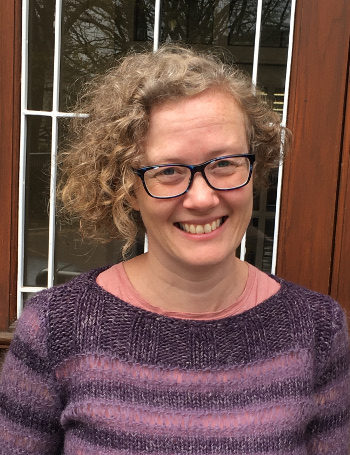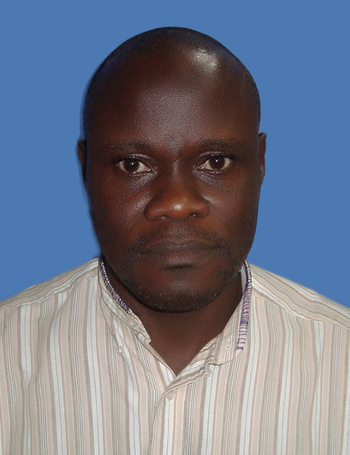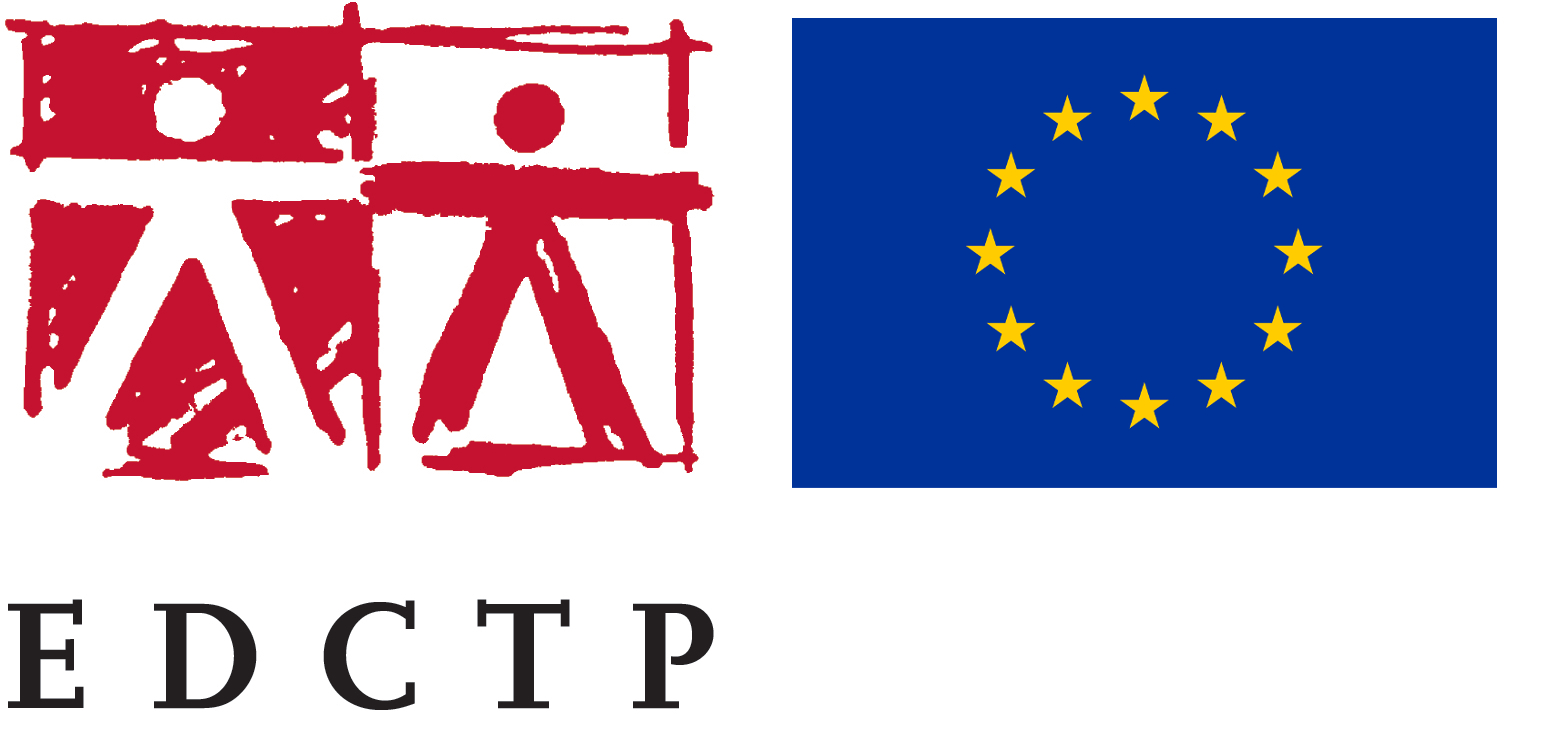PEOPLE
The Fibroschot Consortium:

Dr Shona Wilson
Lead Investigator
Affiliation: University Of Cambridge
Project Coordinator

Dr Edridah Tukahebwa
Co-Principal Investigator
Affiliation: Vector Control Division, MoH
Trial Site Co-ordinator

Moses Adriko
Programme Officer
Affiliation: Vector Control Division, MoH
Fieldwork Management

Dr Kelsilandia Aguiar-Martins
Scientist
Affiliation: Royal Veterinary College
Parasite Genetics

Shallon Akampurira
Trial Data Clerk
Affiliation: Makerere University
Data Uganda

Dr Matt Berriman
Co-Principal Investigator
Affiliation: Wellcome Trust Sanger Institute (now University of Glasgow)
Parasite Genomics

Fred Besigye
MSc Student/Technician
Affiliation: Makerere University
Parasitology

Dr Simon Bond
Co-Principal Investigator
Affiliation: Cambridge Clinical Trials Unit
Trial Statistician

Dr Stephen Cose
Co-Principal Investigator
Affiliation: Uganda Research Institute, LSHTM
Host Immunopathology

Dr James Cotton
Student Mentor
Affiliation: Wellcome Trust Sanger Institute (now University of Glasgow)
Parasite Genomics

Rachel Donegan
Statistician
Affiliation: Cambridge Clinical Trials Unit
Analysis Plan Statistician

Dr Katrina Gately
Senior Trial Co-ordinator
Affiliation: Cambridge Clinical Trials Unit
Sponsor Oversight

Eliot Kanyesigye
Trial Nurse
Affiliation: Makerere University
Fieldwork Manager

Dr Patrice Mawa
Immunologist
Affiliation: Uganda Research Institute, LSHTM
Host Immunopathology
Dr Gregory Milne
Scientist
Affiliation: Royal Veterinary College
Mathematical modelling

Prof Stella Neema
Co-Principal Investigator
Affiliation: Makerere University
Anthropology

Prof Fred Nuwaha
Co-Principal Investigator
Affiliation: Makerere University
Trial Procedural Oversight

Andrew Nuwamanya
Research Nurse
Affiliation: Vector Control Division, MoH
Fieldwork

Paskari Odoi
PhD Student
Affiliation: Makerere University
Anthropology

Dr Rebecca Oettle
Scientist
Affiliation: University of Cambridge
Mathematical modelling, Immunology & Logistics

Benjamin Tinkitina
Database Manager
Affiliation: Vector Control Division, MoH
Data Management Uganda

Prof Birgitte Vennervald
Co-Principal Investigator
Affiliation: University of Copenhagen
Clinical Oversight

Dr Martin Walker
Co-Principal Investigator
Affiliation: Royal Veterinary College
Mathematical Modelling

Prof Joanne Webster
Co-Principal Investigator
Affiliation: Royal Veterinary College
Parasite Genetics
Previous Consortium Members

Dr Julien Kincaid-Smith
Scientist
Affiliation: Royal Veterinary College
Parasite Genetics

Dr Sebastien Lambert
Scientist
Affiliation: Royal Veterinary College
Mathematical modelling
Ruth Munyambonera
PhD Student
Affiliation: Makerere University
Anthropology

Ritah Nabunje
MSc Student
Affiliation: Makerere University
Bioinformatics

Dr James Ssenfuka
Medical Officer
Affiliation: Makerere University
Fieldwork Clinician/Manager

Jakub Wawrzyniak
Data Manager
Affiliation: University of Cambridge
Data & Logistics
Partner Institutions
Team Members
Trial Timeframe
Planned Praziquantel Treatments
PUBLICATIONS & REPORTS
Mawa PA, Kincaid-Smith J, Tukahebwa EM, Webster JP, Wilson S. Schistosomiasis Morbidity Hotspots: Roles of the Human Host, the Parasite and Their Interface in the Development of Severe Morbidity. Front Immunolo. 2021 Mar 12; 12:635869. doi: 10.3389/fimmu.2021.635869.
Fall CB, Lambert S, Léger E, Yasenev L, Garba AD, Diop SD, Borlase A, Catalano S, Faye B, Walker M, Sene M, Webster JP. Hybridized Zoonotic Schistosoma Infections Result in Hybridized Morbidity Profiles: A Clinical Morbidity Study amongst Co-Infected Human Populations of Senegal. Microorganisms. 2021 Aug 20;9(8):1776. doi: 10.3390/microorganisms9081776.
CONTACT
Lets get in touch. Send us a message:
Email: info@fibroschot.eu
This project is part of the EDCTP2 programme supported by the European Union.
